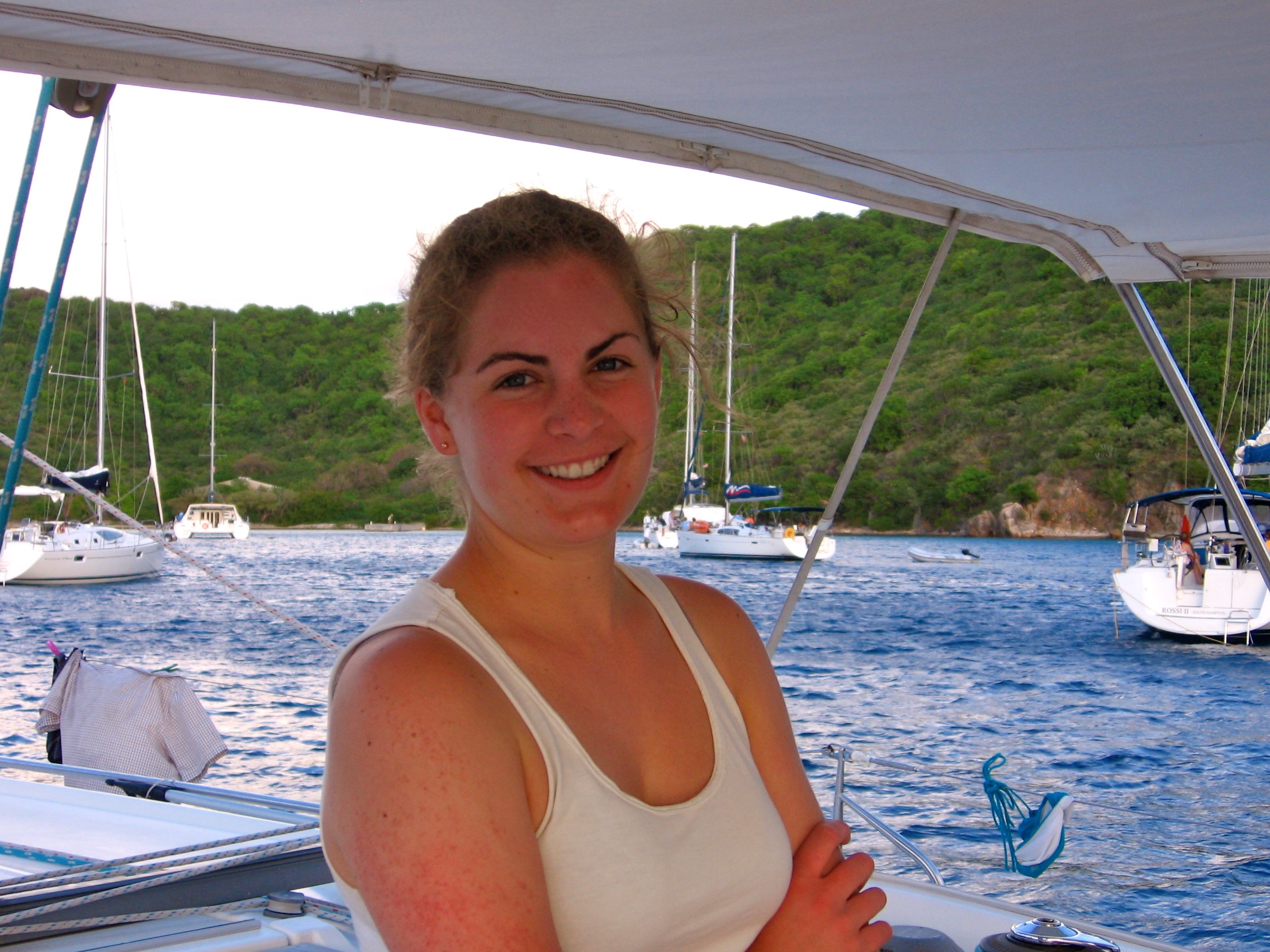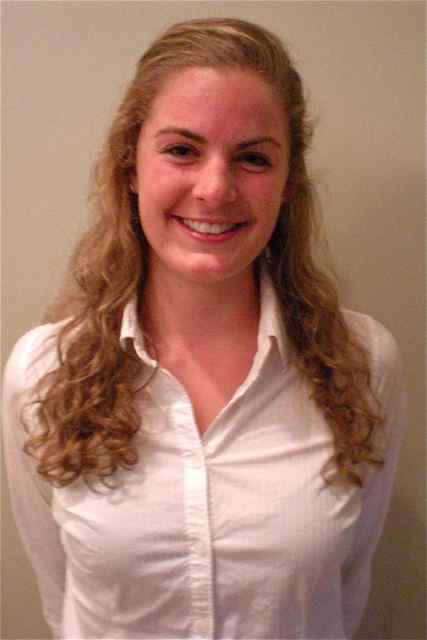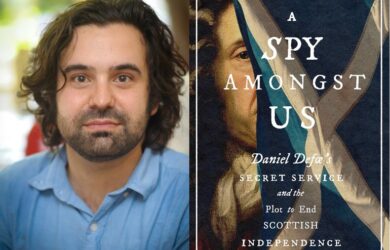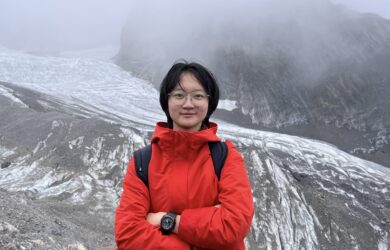
Scholar-Elect Karen Duffy's PhD will focus on the development of synthetic genetic polymers.
“There are many new therapeutic modalities involving nucleic acids. We want to develop foundational technology for synthesising, replicating and evolving synthetic genetic polymers."
Karen Duffy
Cambridge has featured strongly in Karen Duffy’s early scientific career. Not only was she born in Cambridge, Massachussetts, but she currently works for a biotechnology company there and is about to begin a PhD at Cambridge, UK in the autumn.
Karen will do a PhD in Molecular Biology under the supervision of Philipp Holliger. Her research project involves expanding upon the chemistry of DNA and RNA to develop novel synthetic genetic polymers. “There are many new therapeutic modalities involving nucleic acids. We want to develop foundational technology for synthesising, replicating and evolving synthetic genetic polymers. I hope that these new biopolymers will have advantageous properties for targeting disease,” she says.
Having worked in the biotech industry for the past two and a half years – in AstraZeneca and now at a small biotech start-up, she is keen to bridge the gap between academia and industry.
During her time at AstraZeneca she became involved with her Boston Biotech Connection, a non-profit organisation that works to bring together academia and industry. Karen has become one of its event coordinators and has been developing ideas for events as well as working on advertising and marketing. She also attended the GapSummit 2014, Global Biotech Revolution’s inter-generational leadership summit in biotechnology, after being selected as one of 50 leaders of tomorrow based on an essay she wrote about the challenges facing the biotechnology industry.
The summit was held in the UK – in Cambridge – and she found the atmosphere intellectually stimulating and inspiring. She returned to the US where she applied for her PhD.
Early years
Karen was always interested in science, but it was when she started university that she developed a real passion for it. She opted for Cornell where she majored in biology. In her second year she transferred to biological engineering, drawn by an interest in applying science to concrete problems.
From the start of her undergraduate degree she was doing research, working in a microbiology laboratory in her first year on a bioremediation project. In her second year she worked in a biomedical engineering laboratory with a focus on protein engineering. There she learnt about research techniques and was given her first independent project, engineering a protein to bind tighter to its ligand. Over the course of her degree, Karen spent one summer on a German exchange programme working on a cell biology project and another on an industry internship in Boston. That gave her a different perspective on science.
Following her undergraduate degree, Karen began her masters in engineering a semester early. She worked in a research group designing and developing a biosensor device. The aim was to create a device which would quantify a peptide in the blood of patients undergoing gastric bypass surgery. This would help the group to learn more about the potential for the peptide to serve as a biomarker.
AstraZeneca
After she finished her masters, Karen was accepted onto AstraZeneca’s rotational research and development programme for recent graduates. She did three different eight-month rotations in oncology and travelled to the UK and Sweden, developing a good network of professional contacts. Her research ranged from developing screening assays to using CRISPR technology to generate genetic knock-outs – a genetic technique in which one of an organism's genes is made inoperative.
She was keen to get some experience in industry and says she likes the sense that, in industry, you can directly help patients through developing new treatments.
When the AstraZeneca programme finished, Karen transitioned to Unum Therapeutics, a small biotechnology company in Cambridge, Massachusetts. The company develops therapies that activate patients’ own immune systems to fight cancer.
After completing her PhD she hopes to return to the pharmaceutical and biotech industry and to find a research position in the cancer therapy field.

Karen Duffy
- Alumni
- United States
- 2016 PhD Bio Sci @MRC Lab for Molecular Biology
- Churchill College
I grew up just outside Boston and studied biomedical engineering at Cornell University. Since graduating two years ago, I’ve been working in the pharmaceutical/biotech industry, where I’ve experienced firsthand the impact that great scientists can have in the lives of patients. I am exited about the potential of entirely new therapeutic modalities to bring step changes in our ability to prevent, treat, and cure disease. At Cambridge, I will undertake a PhD in molecular biology, where I will expand upon the chemistry of DNA and RNA to develop novel synthetic genetic polymers. Through this chemical diversification, I hope to engineer new biopolymers with advantageous properties for therapeutic applications. I am honored to join the diverse, vibrant, and compassionate Gates community.
Previous Education
Cornell University












